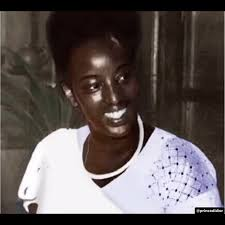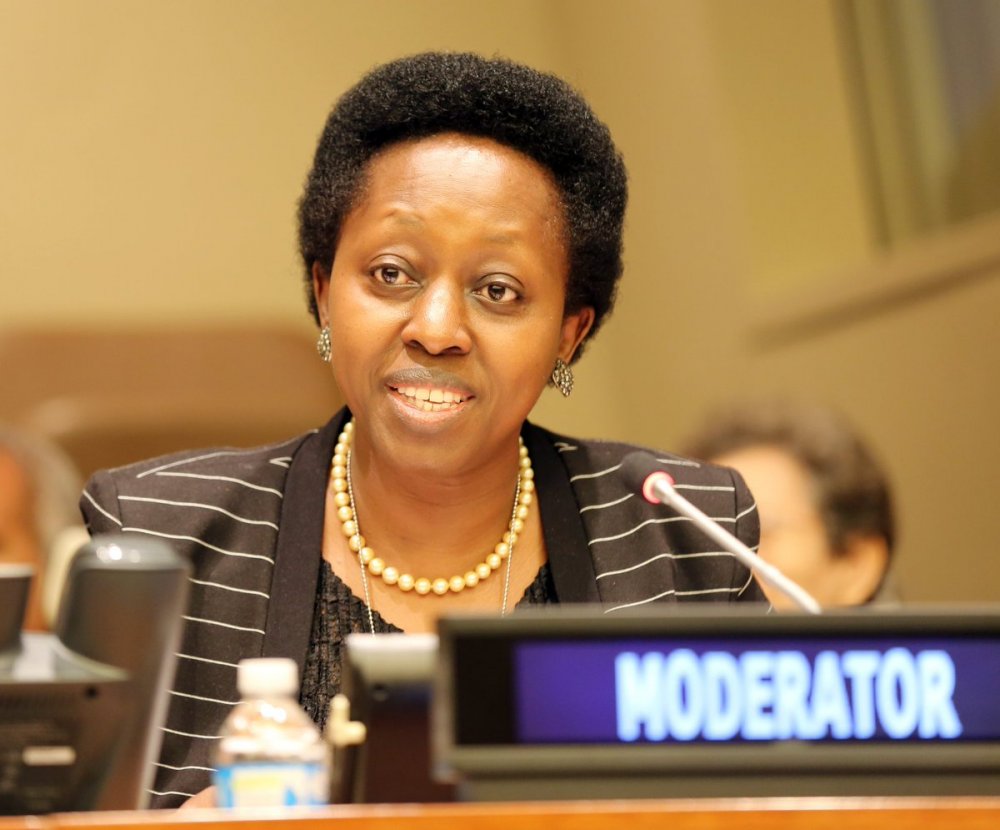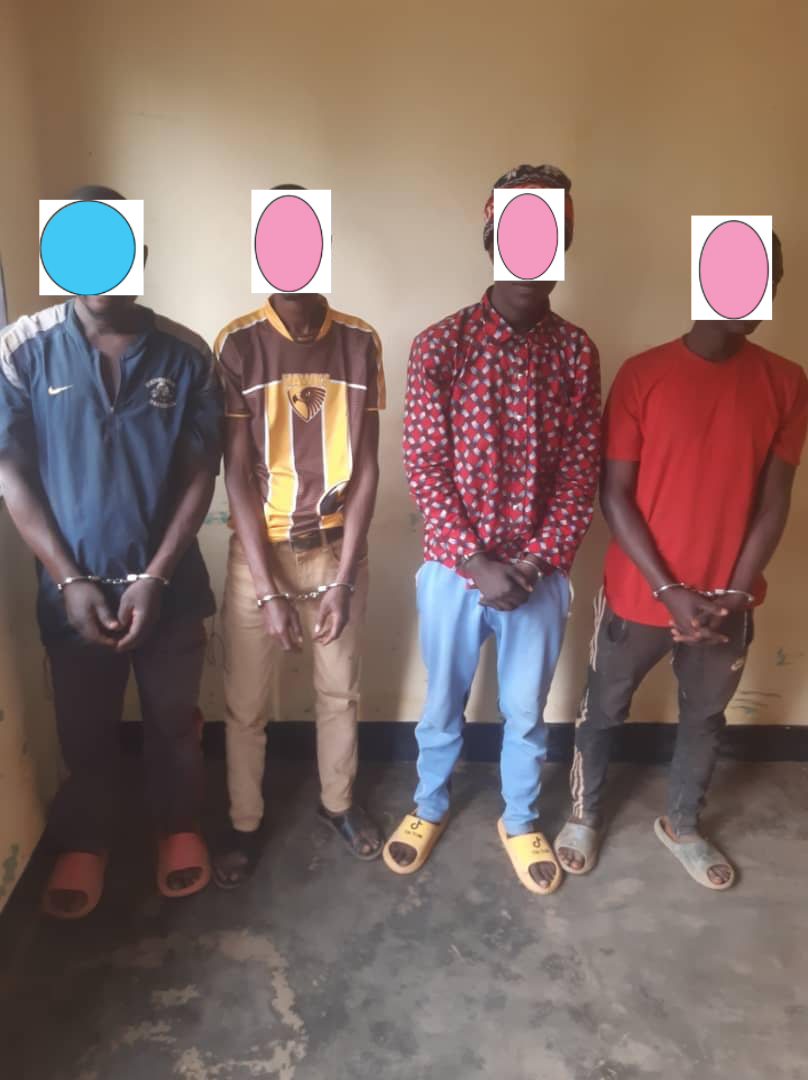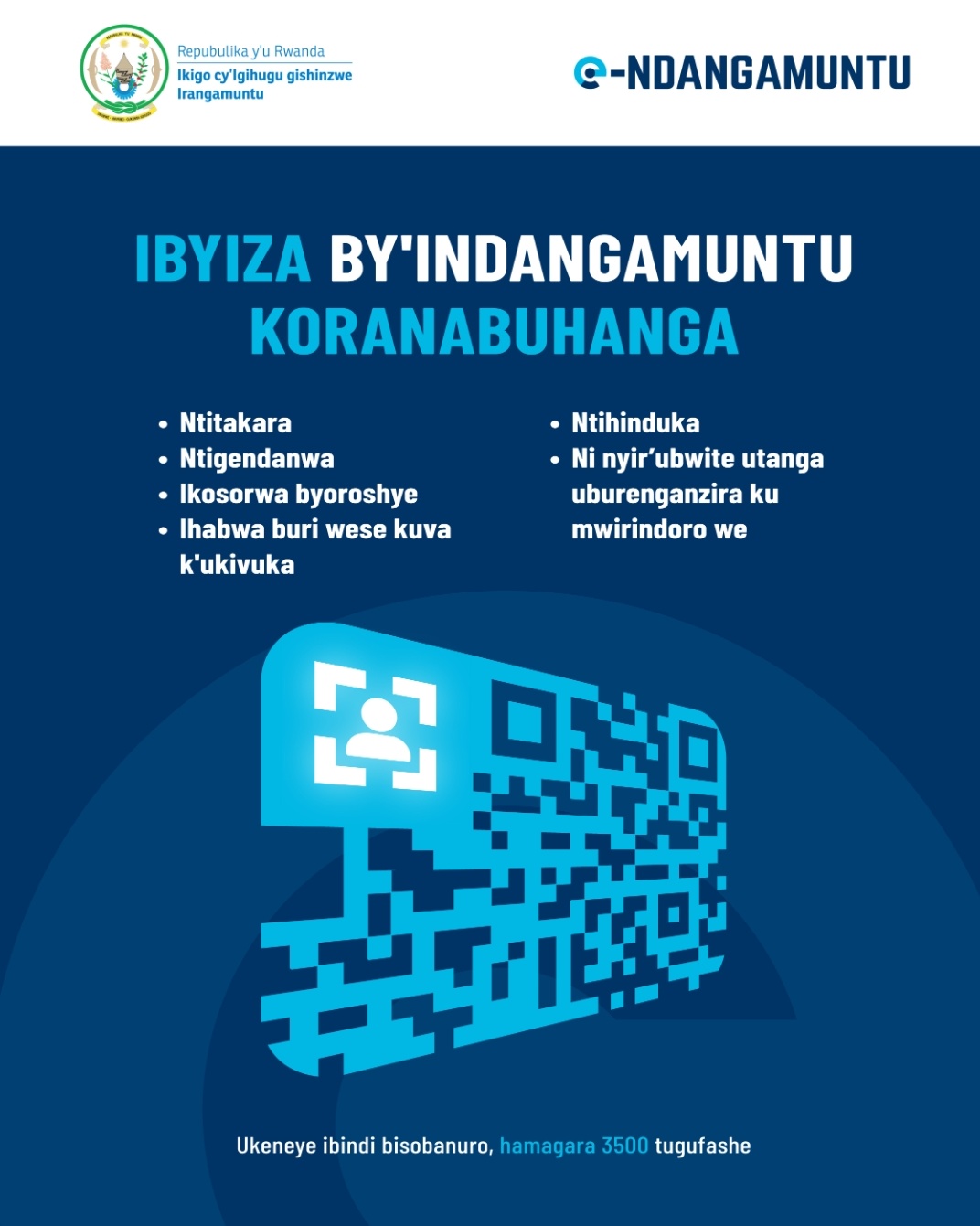
Rwanda’s Minister of National Unity and Civic Engagement, Dr. Jean Damascène Bizimana, has issued a firm response to Belgian academic Prof. Filip Reyntjens, following public comments questioning whether Belgium expelled Queen Rosalie Gicanda shortly before the 1994 Genocide against the Tutsi.
Prof. Reyntjens had posted on X (formerly Twitter) that there was “no proof at all” Queen Gicanda was expelled from Belgium in 1994, challenging Dr. Bizimana to provide evidence.
In a detailed rebuttal, Dr. Bizimana laid out what he described as “historical and factual truth” to prove that Queen Gicanda was indeed ordered to leave Belgian territory just weeks before the genocide began. According to the Minister:
Legal Stay: Queen Gicanda was staying legally in Belgium in early 1994, at the home of Dr. Gakwaya, for medical reasons, with a valid visa.
Expulsion Letter: On February 3, 1994, the Mayor of Nivelles District delivered an expulsion letter to Queen Gicanda, citing an order from Belgium’s Ministry of the Interior and setting a deadline of February 12 for her to leave the country.
Context of Genocide Preparations: Dr. Bizimana argued that Belgium had full awareness of the escalating risks in Rwanda, referring to findings in the 1997 Belgian Senate Report, which acknowledged the country’s prior knowledge of genocide preparations.
Her Murder: Queen Gicanda returned to Rwanda and was killed in Butare on April 20, 1994. Dr. Bizimana challenged Prof. Reyntjens’ position by asking how Belgium could not bear any responsibility for her death after expelling her into a war zone.
Controversial Hosting of a Genocide Convict: He also criticized Belgium for later accepting Joseph Kanyabashi, the former mayor of Butare where Gicanda lived. Kanyabashi was convicted by the International Criminal Tribunal for Rwanda and sentenced to 20 years in prison for his role in the genocide. Belgium welcomed him back after his sentence.
Dr. Bizimana concluded that the Queen’s forced return to Rwanda in such a volatile period, followed by her brutal murder, amounts to “a clear case of criminal complicity” on Belgium’s part.
The public exchange has stirred renewed debate over Belgium’s historical role in Rwanda and its responsibilities before and during the genocide.






